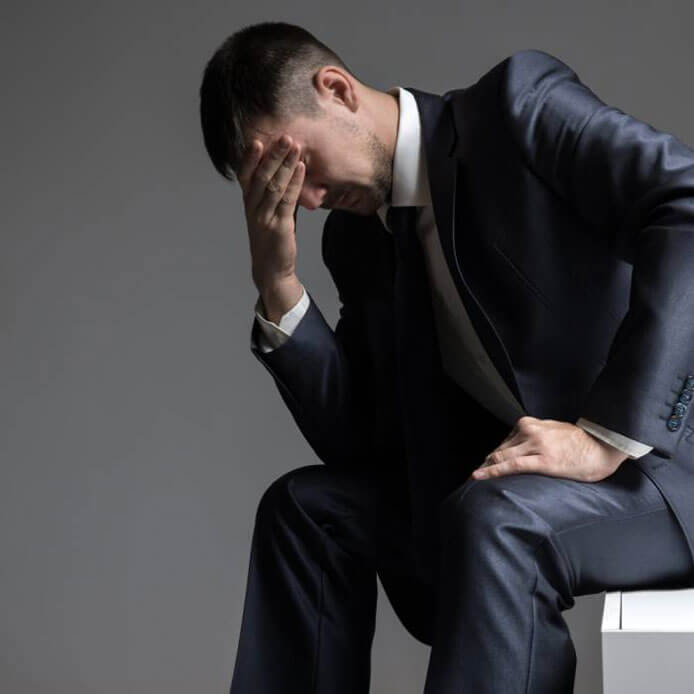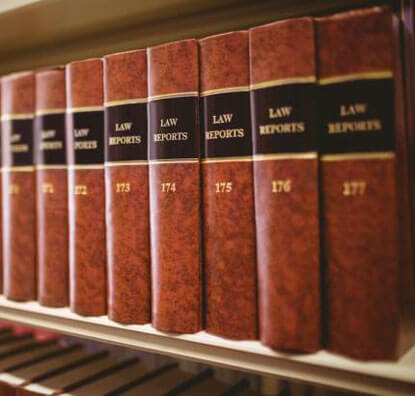Summary: The exit of Britain from the European Union may be put on hold after Parliament was given the ultimate say by a senior court.
Brexit may not happen after a senior court ruled that Parliament must give approval before Prime Minister Theresa May can act on things. The surprising ruling provides new questions to the process of Britain’s plan of leaving the European Union in what is already a messy ordeal regarding the usage of Article 50.
May took the role as prime minister in July. She has only a small majority in Parliament. She may now be forced to call a new election next year in order to win the mandate she needs to move forward with an exit from the E.U. Government lawyers tried to argue before the senior court that May has executive power to launch Brexit talks on her own.
Read UK Government Involved in Mass Surveillance.
The judges countered, “The most fundamental rule of the U.K.’s constitution is that Parliament is sovereign and can make and unmake any law it chooses. As an aspect of the sovereignty of Parliament it has been established for hundreds of years that the Crown – i.e. the Government of the day – cannot be exercise of prerogative powers override legislation enacted by Parliament.”
Pro-Brexit politicians erupted in outrage at the decision by the court, threatening backlash from the voters who approved the departure from the 28-member bloc in June and were under the assumption that everything was done. May’s office stated they were “disappointed” and will appeal to the Supreme Court.
See Legal Highs Outlawed in the UK.
Pro-E.U. politicians praised the ruling and vocalized their hope that Brexit would be postponed or cancelled altogether.
The issue of Brexit comes down to who has the ultimate power – direct or representative democracy. Britain voted with 52 percent majority to leave the E.U. Parliament was against this and wished to stay with the E.U. With the ruling, the decision comes back the Parliament, who is hostile against the idea of leaving.
However Mujtaba Rahman, Europe director of the Eurasia Group, noted that lawmakers will think twice about ignoring the voters’ voice by blocking exit plans. Pro-E.U. will work to “tie May’s negotiating hand,” as Rahman described it. Rahman added that May can then fight back by holding a general election “to ask the public to endorse her negotiating goals – in effect, to use an election to override Parliament.”
Do you think the voters or Parliament should get ultimate power? Tell us your thoughts in the comments below.
To learn more about Brexit, read Brexit Legal Challenge Kicks Off.
Photo: wikipedia.org











































